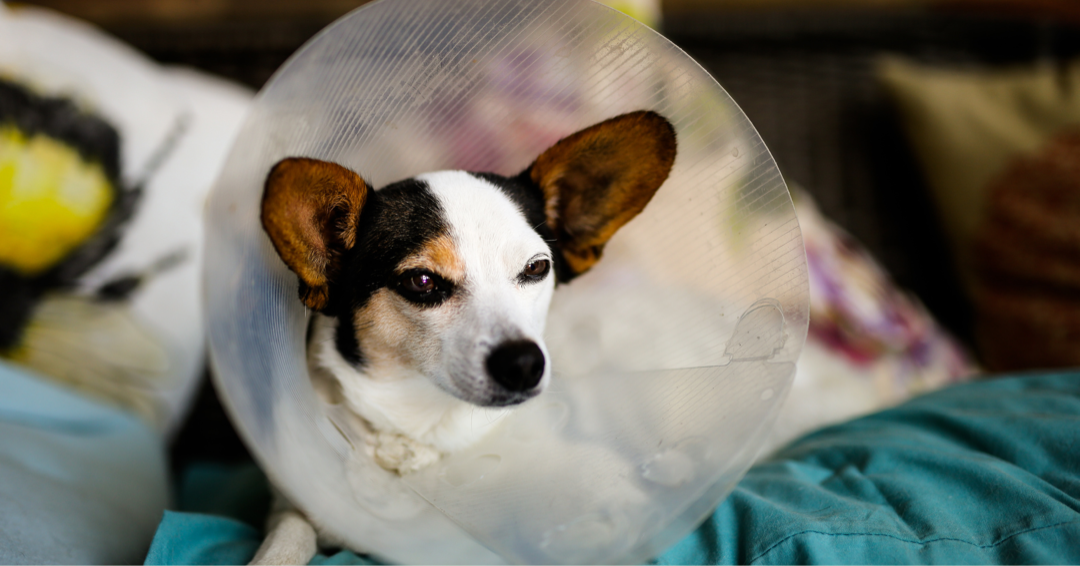
Should you neuter/spay your pet?
Rae ChenShare
Bringing a pet into your life is a decision that comes with numerous responsibilities. Among them is the choice of whether to neuter or spay your pet. Neutering (for males) and spaying (for females) are surgical procedures that involve removing reproductive organs. Most pets from shelters are neutered/ spayed; vets would also recommend you to do this procedure. Sometimes, this decision is personal and dependent on several factors, it's important to weigh the pros and cons to make the best choice that benefits both your pet and your lifestyle.
These are the benefits of neutering/spaying
Population Control: This is one of the most compelling reasons to neuter or spay your pet - to help control the overpopulation of animals. Countless animals end up in shelters each year due to overbreeding, and many of them are euthanized due to a lack of suitable homes. By neutering or spaying your pet, you contribute to reducing the number of unwanted animals.
Health Benefits: Neutering or spaying can have positive effects on your pet's health. In males, neutering can reduce the risk of testicular cancer and help prevent certain prostate problems. In females, spaying eliminates the risk of uterine and ovarian cancers and reduces the risk of mammary gland tumors.
Behavioral Changes: Neutering or spaying can lead to behavioral improvements in pets. For instance, neutered male dogs tend to be less aggressive and less likely to roam in search of a mate. Female pets will not experience heat cycles, which can lead to a reduction in behaviors like yowling and restlessness.
Marking and Roaming: Unneutered male pets are more prone to marking their territory with urine, often leading to indoor accidents. They are also more likely to attempt to escape in search of a mate. Neutering can help mitigate these behaviors.
Preventing Pregnancy and Complications: For female pets, spaying prevents the stress and health risks associated with pregnancy and birth. Complications during pregnancy and delivery can be life-threatening for both the mother and her offspring. Spaying eliminates these risks.
Things to consider before neutering/spaying
Age and Timing: The optimal time for neutering or spaying varies depending on the type and size of your pet. Usually you would want to neuter/ spay your pet when it is six months old. Please consult your veterinarian to determine the best time for the procedure. Spaying before the first heat cycle significantly reduces the risk of certain cancers in females.
Impact on Personality: Some pet owners worry that neutering or spaying might alter their pet's personality. While there can be minor changes in behavior, such as reduced aggression or territorial behavior, the core personality of your pet usually remains intact, and it will also fix marking issues around the house.
Health Implications: While there are numerous health benefits to neutering or spaying, the procedure is not without risks. Like any surgery, complications can arise, although they are relatively rare. Please consult your veterinarian about the specific risks associated with your pet's breed and health status.
Lifestyle Considerations: If you have no intentions of breeding your pet and are concerned about heat cycles, behavioral changes, and population control, neutering or spaying might be the right choice.
Whether should you neuter or spay your pet is an important decision that requires careful consideration. There are compelling reasons to opt for the procedure, it's essential to weigh the benefits against the potential risks and individual needs of your pet. Please always consult with your veterinarian if you have any questions, they will provide you with the necessary information to make an informed choice for your pet's well-being. As a responsible pet owner, your decision has a significant impact on your furry friend's quality of life and well-being. Happy pet parenting and cheers!!
